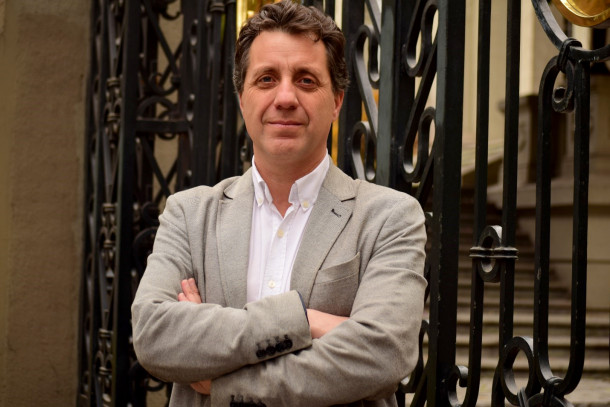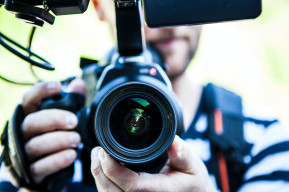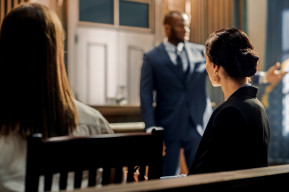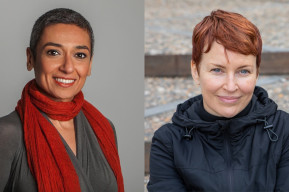Article
Every society can become a dictatorship of money and oblivion

These are the words of Mauricio Weibel who is one of the four new jury members of the UNESCO/Guillermo Cano World Press Freedom Prize, the only prize dedicated to the work of journalists within the UN system. The jury will review nominations and decide on this year’s laureate to be announced just before World Press Freedom Day (3 May).
Weibel recently stated in the Chilean press that “from all human rights, apart from the right to live, which is central, freedom of expression is the most important as it allows to require all the others”.
The Chilean journalist is editor for the journalistic investigation area of the television channel La Red which also collaborates with the Journalistic Investigation Center (CIPER).
Weibel completed his postgraduate studies in Education and Public Policy. He involved himself in investigative journalism because to him, “it is a huge ethical responsibility, especially in a region like Latin America (…) [where] we have a duty to disclose issues of structural corruption and human rights, [and] contribute to the construction of more multicultural and democratic societies, including sustainable development”.
In 2011, he promoted the creation of the Unión Sudamericana de Corresponsales and served as its first president. In recent years, his articles were published in a number of international media outlets. He is the author of the following books: Asociación Ilícita (2012), Traición a la Patria (2016), Los niños de la rebelión (2017), Ni orden ni Patria (2018) and La caída de las AFP (2020). In 2015, Weibel received the LASA Media Award from the Latin American Studies Association for his contributions to debate on Latin America. In 2019, he published the UNESCO Manual de Periodismo de Investigación.
To Weibel, investigative journalism and in-depth reportage are key nowadays “because without vigorous investigative journalism, every society can become a dictatorship of money and oblivion”.
The Jury is composed of six media professionals from around the world, recognized for their leading investigative work and defence for freedom of expression. Awarded annually, on the occasion of World Press Freedom Day (3 May) which will this year take place in Punta del Este, Uruguay, from 2 to 5 May 2022, the Prize is marked by a ceremony and the winner is presented with the sum of US$ 25,000.
This Prize was established by UNESCO’s Executive Board, in 1997, in honour of Guillermo Cano, a Colombian journalist who died in the exercise of his profession. Its purpose is to reward each year a person, organization or institution that has made a notable contribution to the defence and/or promotion of press freedom anywhere in the world, especially if risks have been involved.
The call for nominations for the 2022 edition of the Prize is now closed. The name of the 2022 laureate will be disclosed before World Press Freedom Day (3 May).








